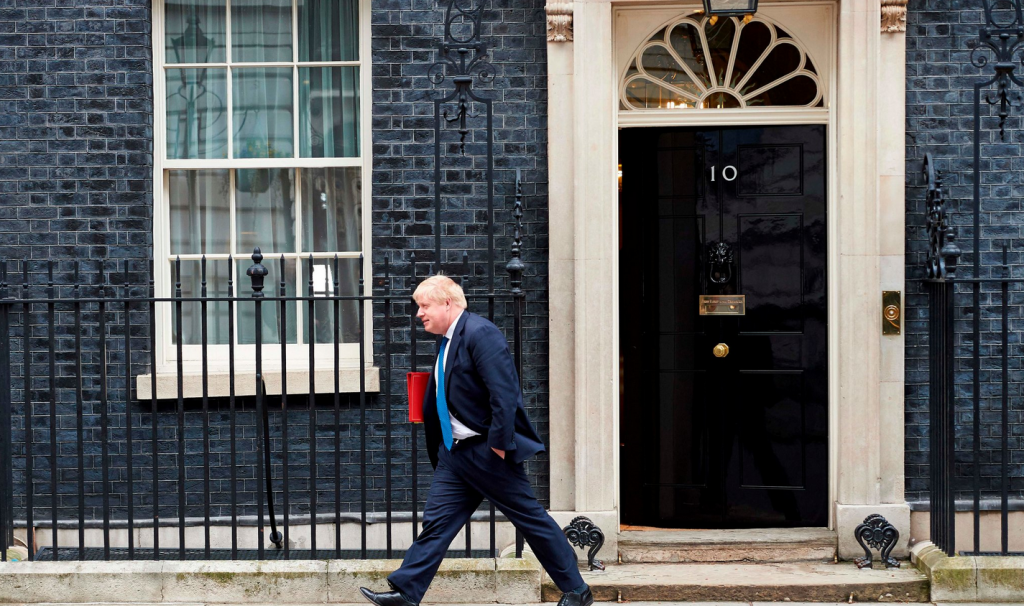In part it’s our fault. We, the public, demand justification and acknowledgement of fault, and we demand it more and more often.
This isn’t necessarily a bad thing in public life, especially where politics, big industry, finance, and civil representation are concerned. The increased level of scrutiny and engagement in matters of public interest is welcome—we should be able to hold leaders, decision-makers, and public purse-holders accountable for their actions.
However, the more often we have something, the less we appreciate it. Demanding and providing an apology for any divergence from every rule (even if we’re all guilty of it) has become a default in public communications. As a result, its making the words less sincere and weakening accountability.
It has paved the way for ‘cancel culture’, where the apology is no longer enough. We want total retribution—for a person’s career, reputation, or personal life to suffer—because we don’t feel the sincerity and genuine regret. It’s a vicious catch-22.
But it’s also the fault of the apologisers themselves. There is a tendency to bend to cancel culture, to react and satisfy demand, rather than own the way a response is communicated and what’s said.
Avoiding the Boris apology
This is exactly what’s happened to Boris Johnson over the past fortnight (and on more than one occasion during his tenure). Following his allegedly brief attendance at a Downing Street party during the height of lockdown in May 2020, Johnson has scrambled to determine whether he was right or wrong, leaning on the rules to justify himself, neither outright owning fault nor clearly pushing back and standing firm on his position.
This has left a widening gap between the accusation and ownership of the situation, playing into his critics’ hands.
The word ‘sorry’ itself is not the main problem here, but the way in which it is communicated. So, what is the optimum approach in this situation? Of course, it depends on the particulars of any given case, but in many ways, where something like a potential breach of public health guidelines is leaked into the public space, from a communications perspective it should be treated the same as any crisis management scenario.
It is critical to act swiftly, clearly and resolutely. That means:
1. Get the facts straight
Determine the scale and scope of the issue to inform the response. This is paramount and must be the immediate focus to allow for a rapid, informed, and effectively managed approach.
Was there a wrongdoing? What is known, what is not known, and the priority to uncover the truth should all be established right away in order to avoid any misinterpretation or mis-messaging.
2. Create clear lines
Who is going to own any public reaction? As we’ve seen with political crises, government or party colleagues often wade into the debate in the hope of showing support—but this can badly backfire.
Instead of many chefs spoiling the broth, set out clearly from the off who needs to lead the situation both internally and from the public perspective to avoid the perception of evading the accusation or relying on others to do a job you don’t want to do.
3. Carefully consider the public response
Navigating and balancing the information that’s already out there with the release of new information is the biggest challenge in crisis communications. It’s why swift action is critical.
The message and format must be informed by a clear understanding of who the apology or response is for, what they already think they know, and where/how they will receive the response. This will help ensure that what you have to say on the matter will resonate.
4. Monitor online channels
Taking the response online beyond a simple press release is key to reaching a wider audience. It’s also essential to monitor the digital discussion for a strong sense check of where the wider public’s views are at.
While politicians or opinion leaders can make their voices heard in print or broadcast media, the public will take to their social media channels to debate the situation—and this can shift the narrative as much as mainstream news.
5. Stay resolute
While urging peers and the public to await the findings of an investigation into alleged Covid-rule breaking at Downing Street, Johnson has already issued an apology. This sends out a confusing message and leaves him wide open for longer—he’s allowed opposition and critics a further potential opportunity to put the final nail(s) in his coffin.
Either the apology takes precedence, you stick by it, and you take ownership of the necessary follow-up action, or you await the findings of any process or investigation in the belief it will quash the accusation. Straddling both leaves too much open space for others to take advantage and for you to lose the narrative.
* * *
While taking the right approach to managing a public apology can go a long way towards making it more impactful, the content of any communication is also important.
Ultimately, honesty and sincerity can go a long way—sometimes it’s simply a case of putting your hands up to it and setting out what you’re going to do next to resolve it and rebuild trust again.
About the author
Lauren brings nearly 10 years of experience in public affairs, communications, and project management to 360. She has a special interest in European affairs, policy and energy, having previously worked at national electricity utility EirGrid, the UK’s Foreign and Commonwealth Office, the Council of European Energy Regulators, and the European Parliament. Lauren has lived and worked in Ireland, the UK, Belgium, and France, and is fluent in French.
